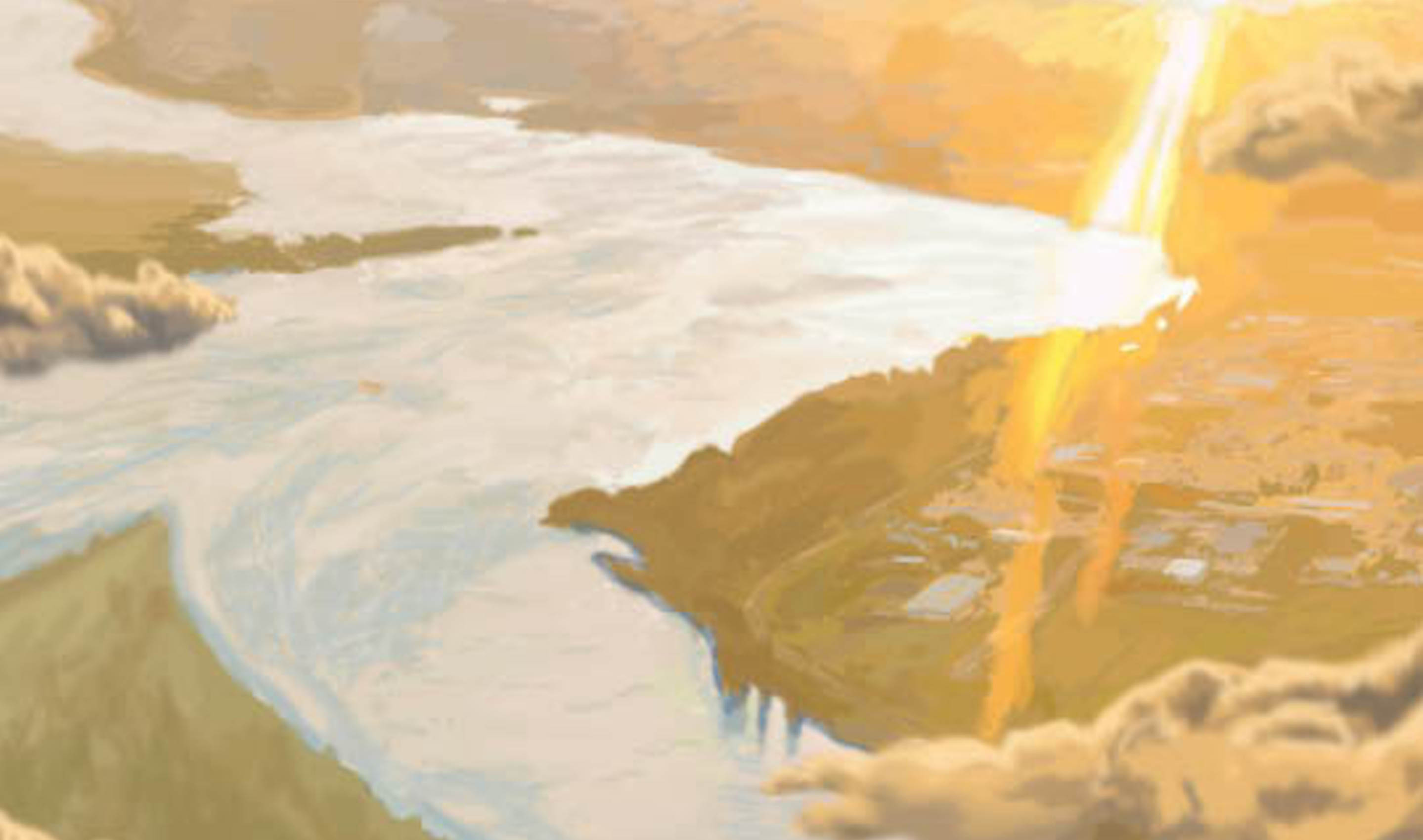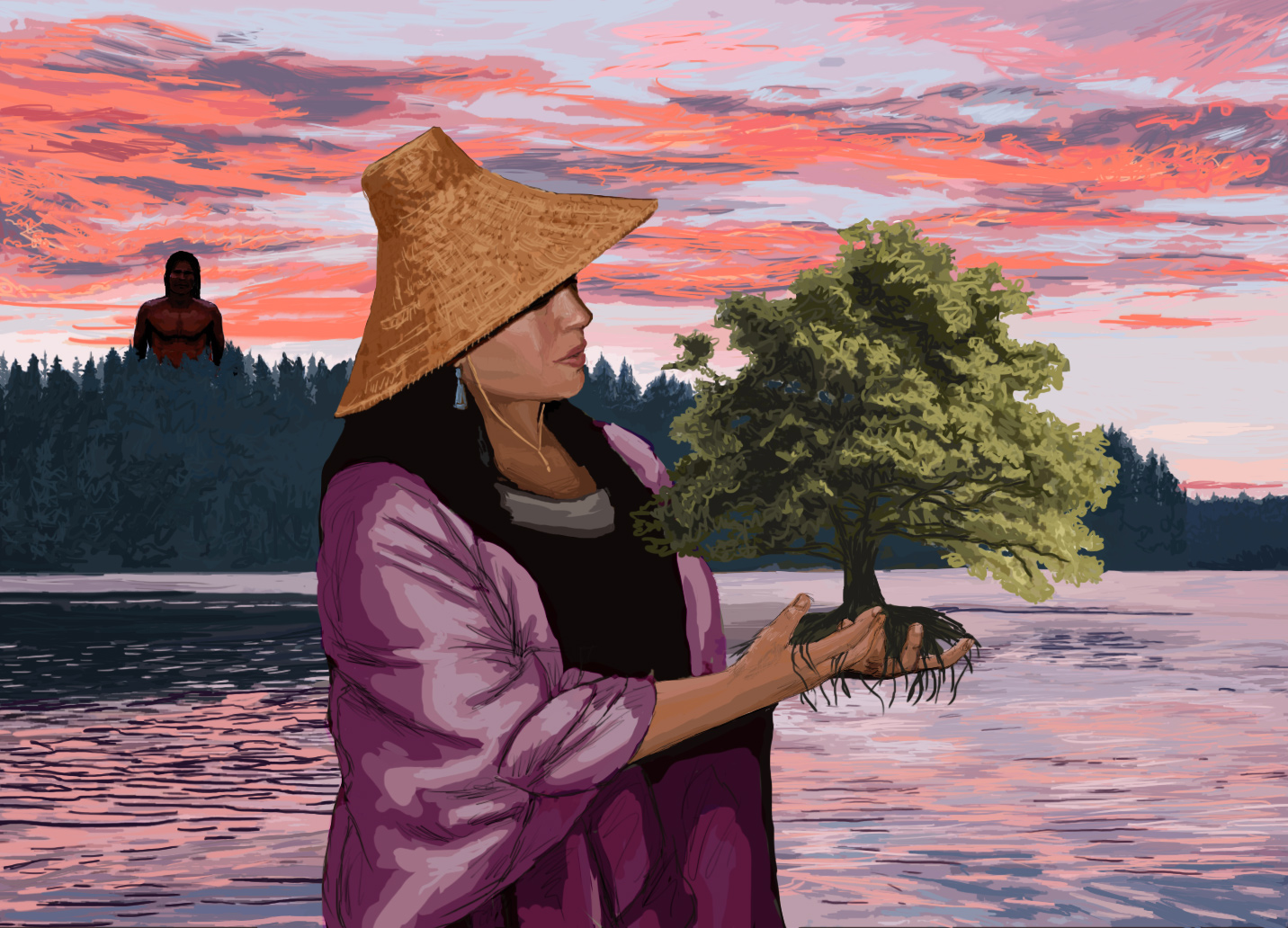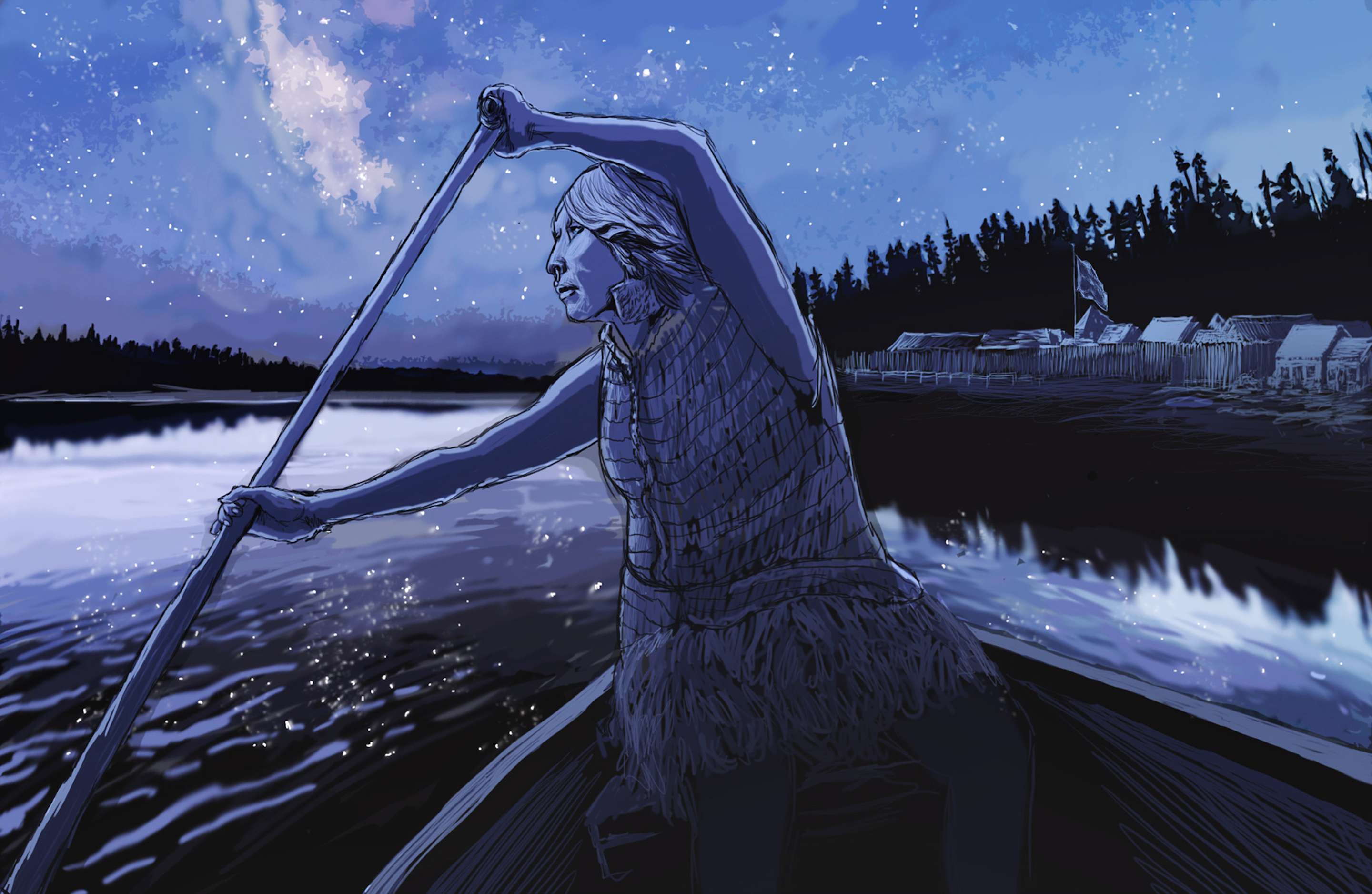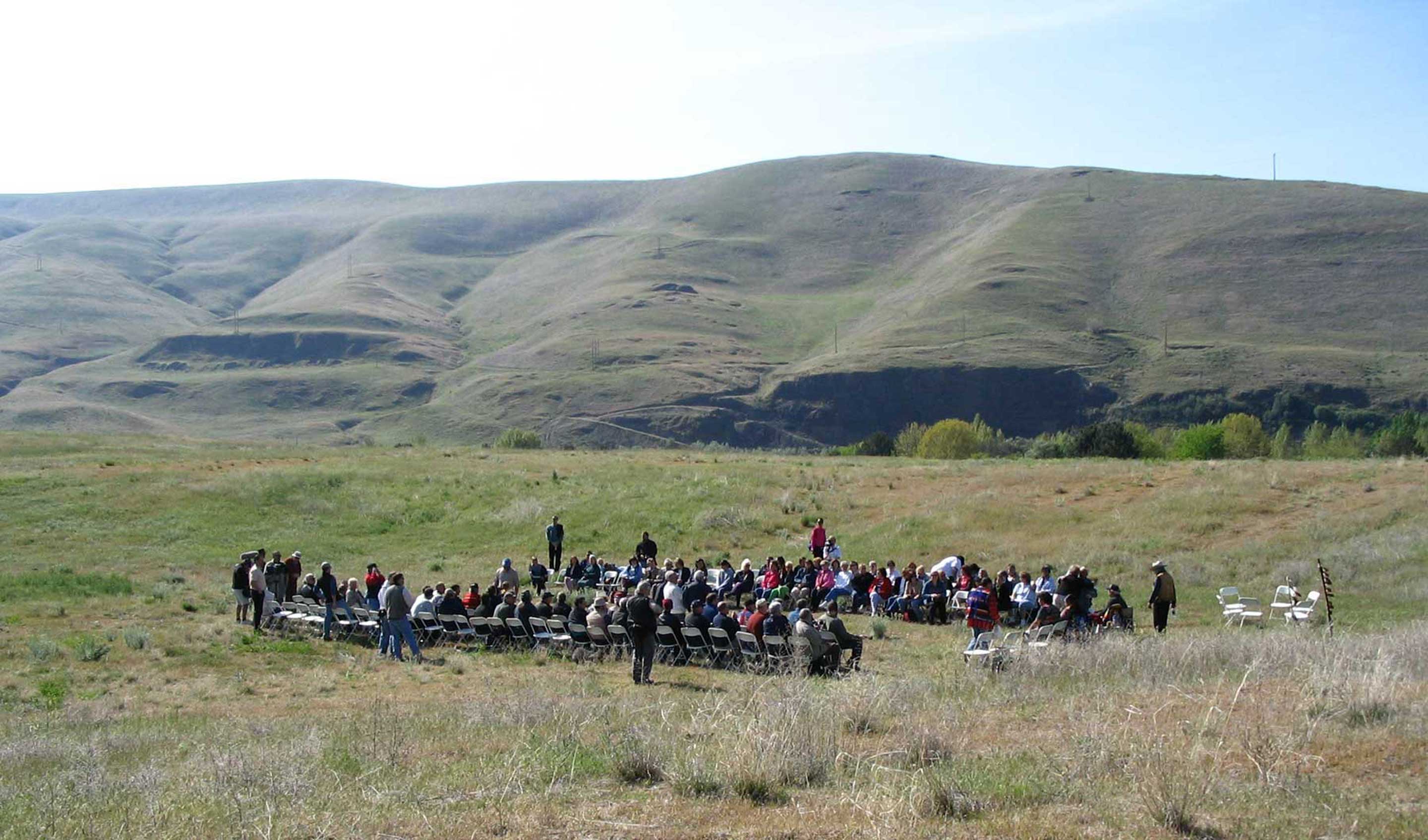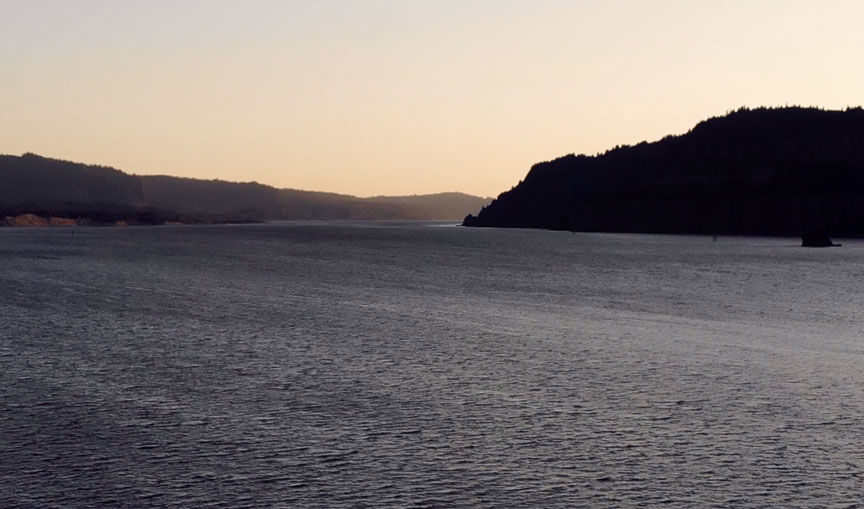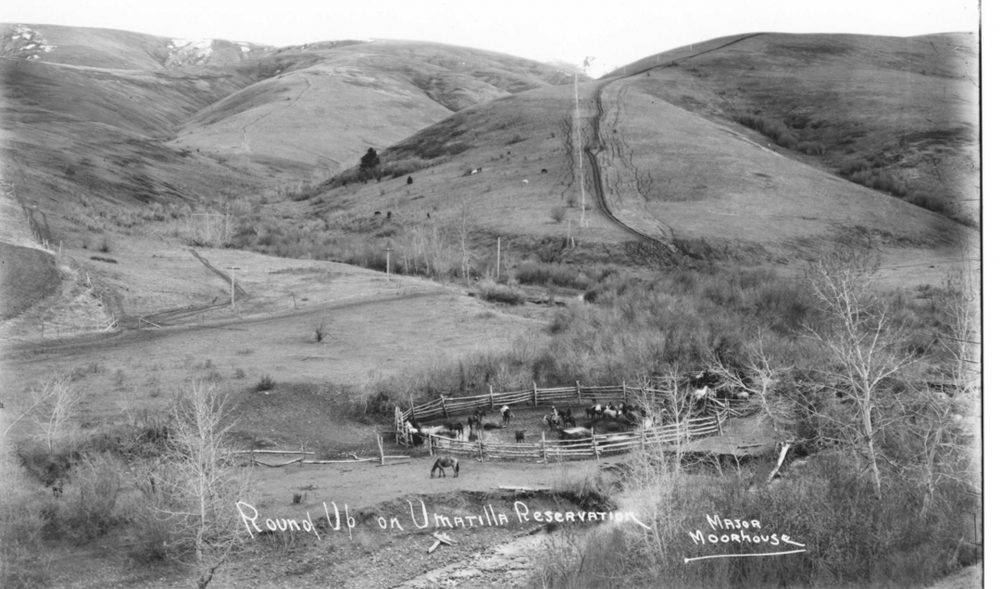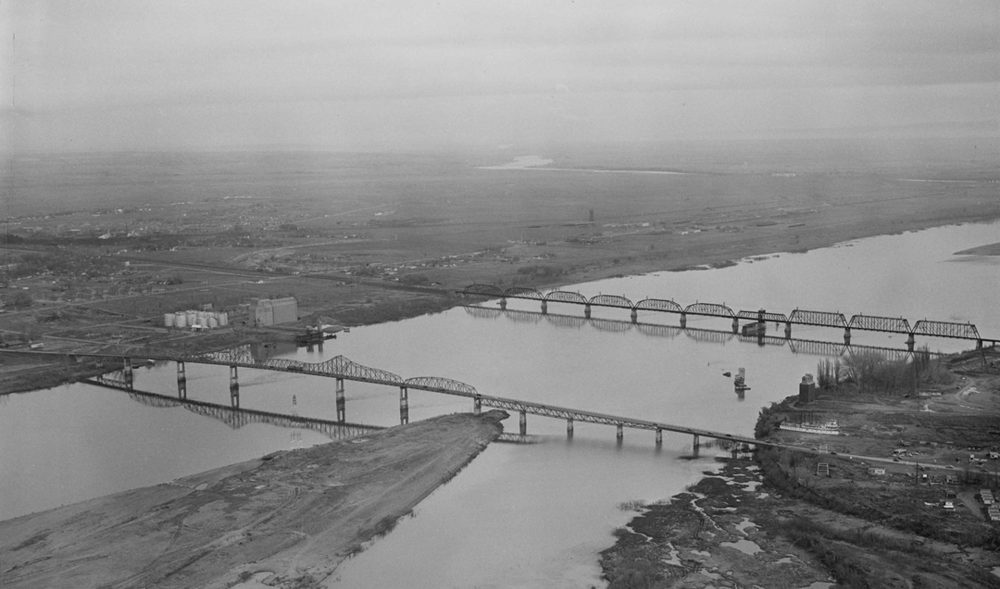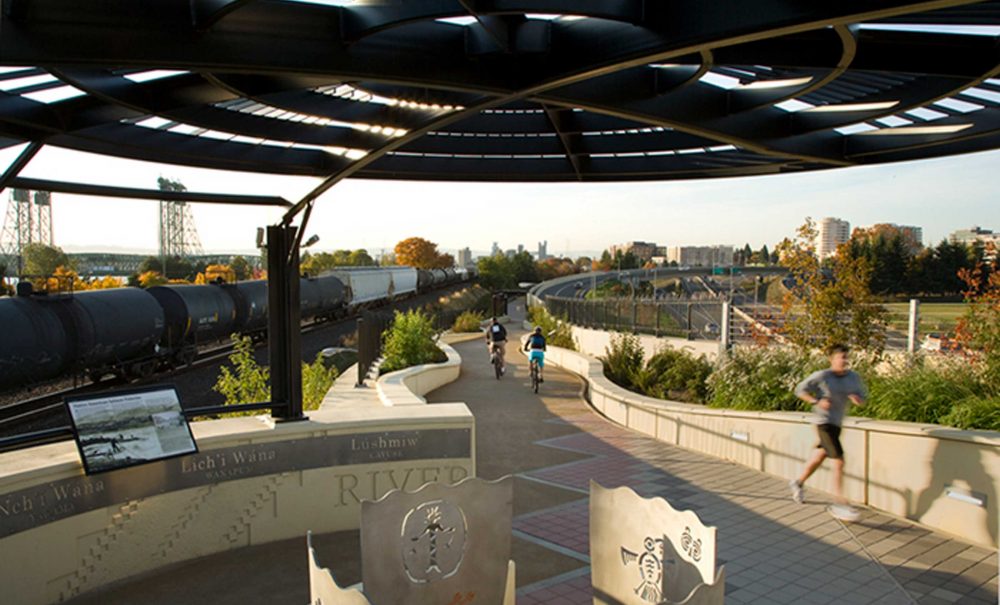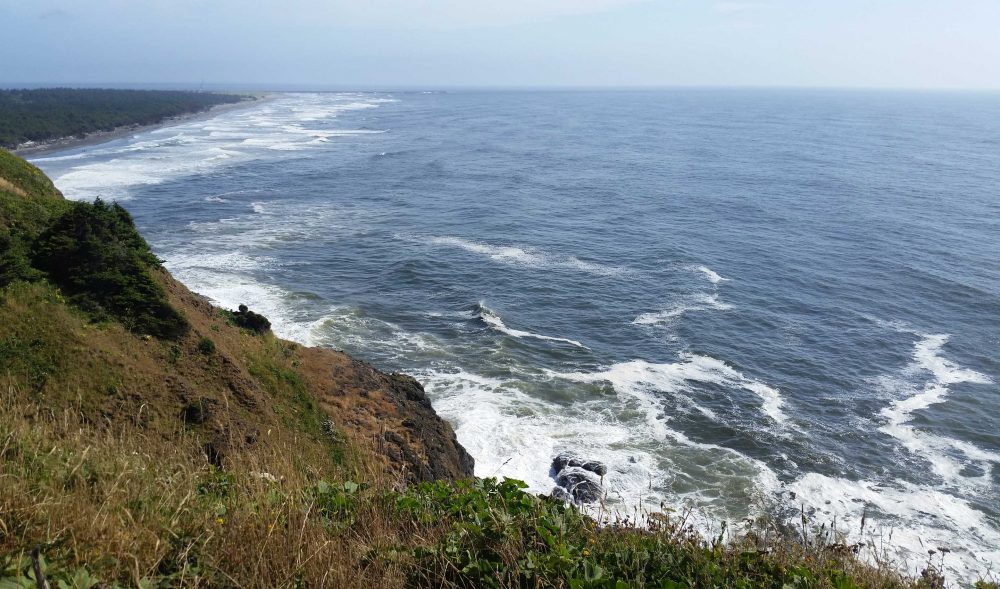Confluence Library
In November 2022, Confluence launched a new publication. Voices of the River journal features articles, stories, poetry and artwork by Native American writers and artists from Northwest Tribes. Confluence and its supporters celebrated the release of the inaugural issue of the journal during a launch party and panel discussion on November 18, 2022 at the Oregon Historical Society in Portland, which is shared here in podcast format.
History did not record her wedding, how she celebrated the birth of her daughter, or what emotions gripped her when she was told her husband went to live in the sea. There’s been no acknowledgment of her own death, not even a date.
Carlee Wilson tells the story of her ancestor, Ilchee, in this creative piece.
Welcome to the inaugural issue of Confluence’s Voices of the River journal! As Digital Content Manager at Confluence, I have had the honor of acting as the managing editor for this publication.
This year the Vanport Mosaic asks us to consider the WE in “WE THE PEOPLE,” and how we can Remember, Repair, Reclaim, and Re-imagine our collective stories. Confluence is partnering with the Vanport Mosaic to address this question, through a Story Collection that offers Indigenous perspectives on monuments, memorials, healing, and how to tell a more inclusive version of history to the public, through video interviews, short films, podcasts, articles, and more.
This Story Collection is based on a conversation between Native Storyteller Ed Edmo and Professor Lani Roberts, where they discussed their parallel childhoods growing up in The Dalles and the discrimination that Ed faced there.
The confluence of the Snake and Columbia Rivers was a major uniting force for tribes of the Columbia River basin. It became a major site for settlers later, as the waterways provided a convenient mode of transportation.
The Sacajawea State Park area saw a lot of change between the surrender of Chief Joseph and the revelation of the Hanford nuclear operations only a century later: railroads, dams, and plutonium replaced trade and family.
The Vancouver Land Bridge site was rich with biodiversity prior to settlers’ advancement. Seated on a floodplain near Mt. St Helens, it was home to savanna, hardwood forest, and prairie. Today it is home to Ft Vancouver.
Orinthologist John Kirk Townsend provided valuable descriptions not only of the Columbia River’s bird populations but also of Cape Disappointment. A portion of a letter describing Cape Disappointment is reprinted here.

